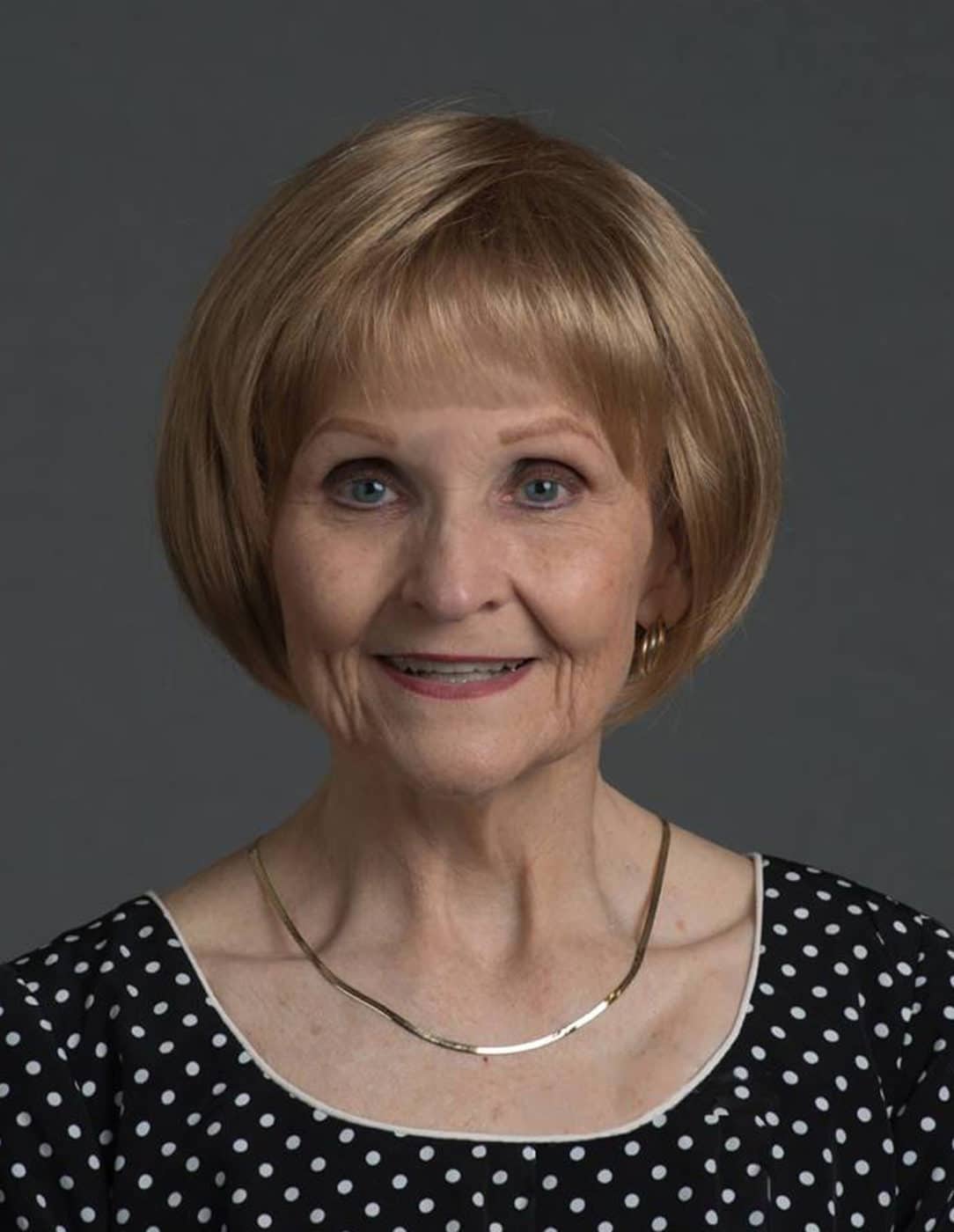If you have a loved one with dementia, chances are good they may say things that don’t make sense, are inappropriate or even hurtful. It’s a frustrating, confusing and even embarrassing symptom of the disease, which causes deterioration of a person’s memory and cognitive function.
Many caregivers have shared stories about how their once mild-mannered parent lashes out and uses language they have never uttered before dementia hit. The first thing to remember is that commenting about their language or even trying to reason with them often is not only futile, but can result in more anger and confusion.
There are things caregivers can do that may help. Try a technique called redirecting. This approach allows you to direct your loved one’s attention away from feelings of anxiety and fear to feelings of relaxation and peace. Here are a few tips on using redirection.
A Change of Scenery
Sometimes the environment itself needs a change. Sensory experiences can completely turn the attention of someone suffering from dementia. Take an assessment of the environment. Maybe it’s too loud or too bright, or there is too much activity happening that is causing the frustration. If you notice your loved one getting anxious or upset, try saying:
“Hey, the weather is beautiful today. Do you want to sit on the porch with me?”
“It’s getting a bit cold out here. Let’s go inside and warm up with some nice hot chocolate.”
Invite them to do things you know they enjoy to redirect their attention elsewhere. Fresh air and light often can relieve stress.
Practice Using Bridge Phrases
These phrases allow you to create a new focus away from a negative thought or behavior. This is especially useful when your loved one is stuck on a repetitive question or statement. This will help with refocusing on something other than the idea or image they’re stuck on. For example, if your dad is refusing to eat dinner, reminisce on a time when you enjoyed food together or about a garden he may have had as a kid.
“Wow, seeing these fresh tomatoes reminds me of the yummy vegetables we used to pick from the garden.”
“Mmm…this smells almost as good as the bread mom used to make, right?”
Then, a little later, refocus back on dinner and ask if he would like to enjoy a meal together.
It can also be helpful to give your loved one two choices, so they feel they have some control. For example, you could say:
“Do you want to eat dinner now or after we watch television?”
Avoid reasoning
As we know, people with Alzheimer’s often have the best memories of the past. Maybe your mom is insisting on talking to her sister, who passed away years ago. Logically, most of us would want to explain that her sister died, but the brain of a person with Alzheimer’s doesn’t work logically. Offering new information or explaining why she can’t talk to her sister may cause only more confusion and frustration.
Instead, respond to the emotions behind her question. This may allow your mom to transition from feelings of confusion to feelings of security and happiness. You could say something like:
“Oh, I would love to talk with her, too! Come to think of it, I haven’t spoken to Cousin Ed in quite a while, either. I think I’ll give him a call in a week or so to find out how things are going, and maybe we can try to get a few of us together over the summer.”
“Say, let’s look at that old photo album again. I want to see that picture of the two of you in look-alike poodle skirts.”
Although dementia may have altered your loved one’s personality and memory, they still have preferences, thoughts and feelings. Your challenge as a caregiver is to help them bridge their feelings of frustration to feel contentment and peace. Treat them with dignity and respect regardless of how harsh their words are, and help redirect their environment or conversation.
If you are a caregiver in Central Indiana and need to talk about more ways to redirect a loved one with dementia, contact CareAware caregiver support at caregivers@cicoa.org.

Kate Kunk
Kate Kunk, R.N., coaches family caregivers of aged and disabled Hoosiers for CICOA Aging & In-Home Solutions. Kate holds degrees in nursing and sociology. Before joining CICOA, her skills in advocacy have taken her to homeless shelters in Manhattan and Virginia and a psychiatric clinic in Tennessee. She also worked in the publishing industry for more than three decades, during which time she developed educational materials for McGraw-Hill and Pearson in the New York metropolitan area. Reducing the incidence of preventable illness and facilitating improved quality of life for people of all ages are two of Kate’s lifelong passions.
